LBlockchain in Education: Credentials and Academic Records
Introduction:
The education sector is undergoing a digital transformation, and blockchain technology is at the forefront of this change. One of its most promising applications is in managing academic records and credentials. By utilizing blockchain, institutions can ensure transparency, security, and trust in educational data.
What is Blockchain in Education?
Blockchain in education refers to the use of decentralized ledger technology to store and manage student records, degrees, diplomas, certificates, and even attendance or course completions. These records are immutable, verifiable, and accessible anytime—benefiting students, institutions, and employers alike.
Key Benefits:
- Tamper-Proof Credentials: Educational qualifications stored on blockchain cannot be forged or altered.
- Instant Verification: Employers and other institutions can verify a student’s credentials instantly, eliminating long waiting periods.
- Student Ownership: Learners gain full ownership of their academic data and can share it securely when needed.
- Efficiency: Reduces administrative overhead by automating processes like transcript requests or cross-institutional recognition.
Real-World Examples:
- MIT issues blockchain-based digital diplomas.
- Sony and IBM have collaborated on blockchain education platforms in Japan.
- The European Union supports blockchain credential initiatives under its “Europass” framework.
Challenges and Future Scope:
While the technology is promising, challenges such as data privacy laws, standardization across institutions, and digital literacy must be addressed. Still, the future holds potential for blockchain-based lifelong learning passports that follow individuals throughout their careers.
Conclusion:
Blockchain has the power to revolutionize how we manage and share educational credentials. By embracing this technology, we can create a more transparent, efficient, and trustworthy academic system.
Play the Flutter Bees Game to Relieve Study Stress:
Tap and play in the Flutter Bees Telegram mini app! Whether you’re buzzing through lessons or preparing for exams, relax by collecting points through tapping or watching bees defend their hive.
Play Flutter Bees Now
Tags: blockchain, education, academic credentials, digital diplomas, edtech, smart contracts, decentralized records, verification, student data, blockchain in education
Would you like me to create an infographic image for this topic?
Topic 47: p
Blog:
Title: Blockchain in Education: Transforming Credentials and Academic Records
Introduction:
The education sector is undergoing a digital transformation, and blockchain technology is at the forefront of this change. One of its most promising applications is in managing academic records and credentials. By utilizing blockchain, institutions can ensure transparency, security, and trust in educational data.
What is Blockchain in Education?
Blockchain in education refers to the use of decentralized ledger technology to store and manage student records, degrees, diplomas, certificates, and even attendance or course completions. These records are immutable, verifiable, and accessible anytime—benefiting students, institutions, and employers alike.
Key Benefits:
- Tamper-Proof Credentials: Educational qualifications stored on blockchain cannot be forged or altered.
- Instant Verification: Employers and other institutions can verify a student’s credentials instantly, eliminating long waiting periods.
- Student Ownership: Learners gain full ownership of their academic data and can share it securely when needed.
- Efficiency: Reduces administrative overhead by automating processes like transcript requests or cross-institutional recognition.
Real-World Examples:
- MIT issues blockchain-based digital diplomas.
- Sony and IBM have collaborated on blockchain education platforms in Japan.
- The European Union supports blockchain credential initiatives under its “Europass” framework.
Challenges and Future Scope:
While the technology is promising, challenges such as data privacy laws, standardization across institutions, and digital literacy must be addressed. Still, the future holds potential for blockchain-based lifelong learning passports that follow individuals throughout their careers.
Conclusion:
Blockchain has the power to revolutionize how we manage and share educational credentials. By embracing this technology, we can create a more transparent, efficient, and trustworthy academic system.
Play the Flutter Bees Game to Relieve Study Stress:
Tap and play in the Flutter Bees Telegram mini app! Whether you’re buzzing through lessons or preparing for exams, relax by collecting points through tapping or watching bees defend their hive.
Play Flutter Bees Now
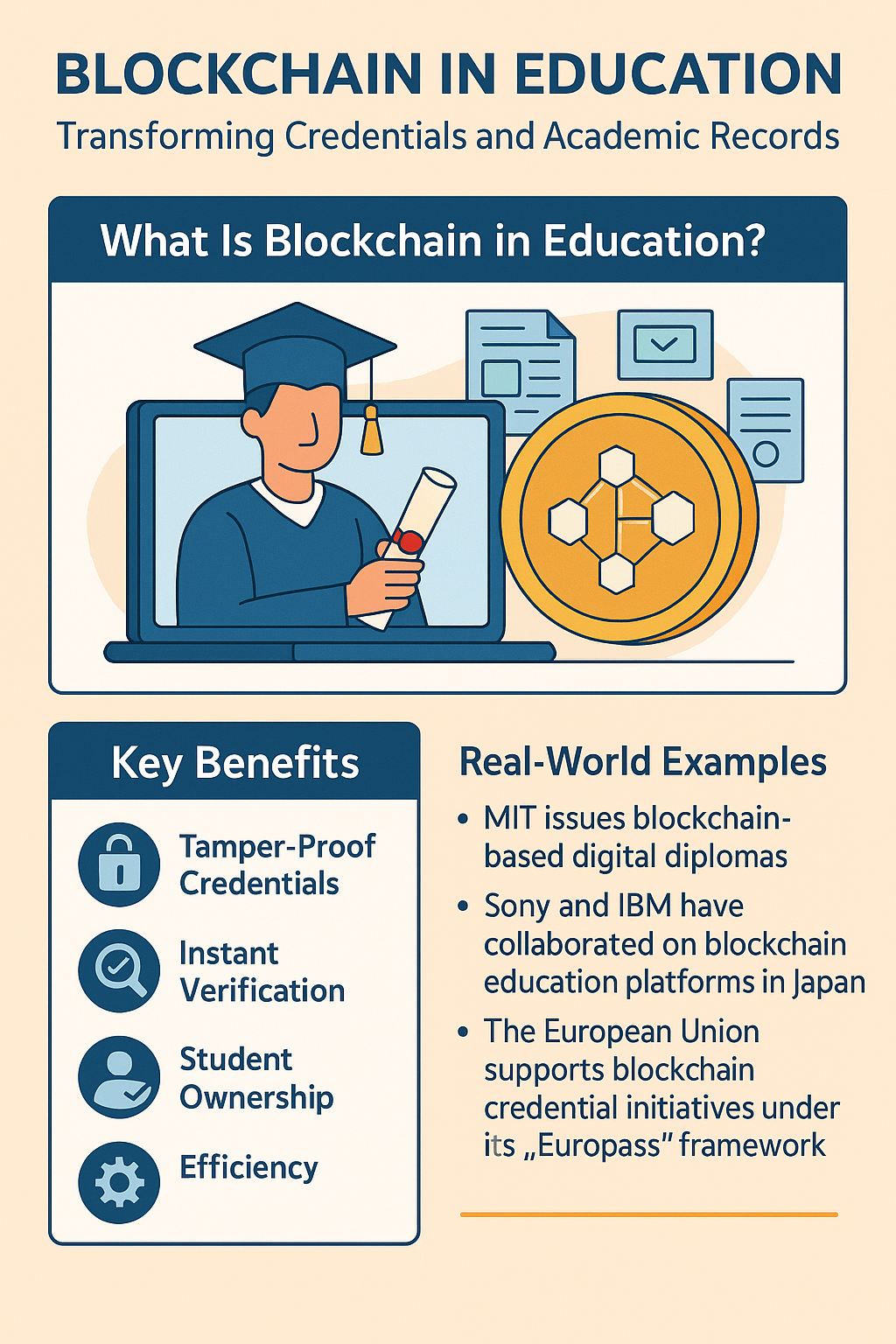
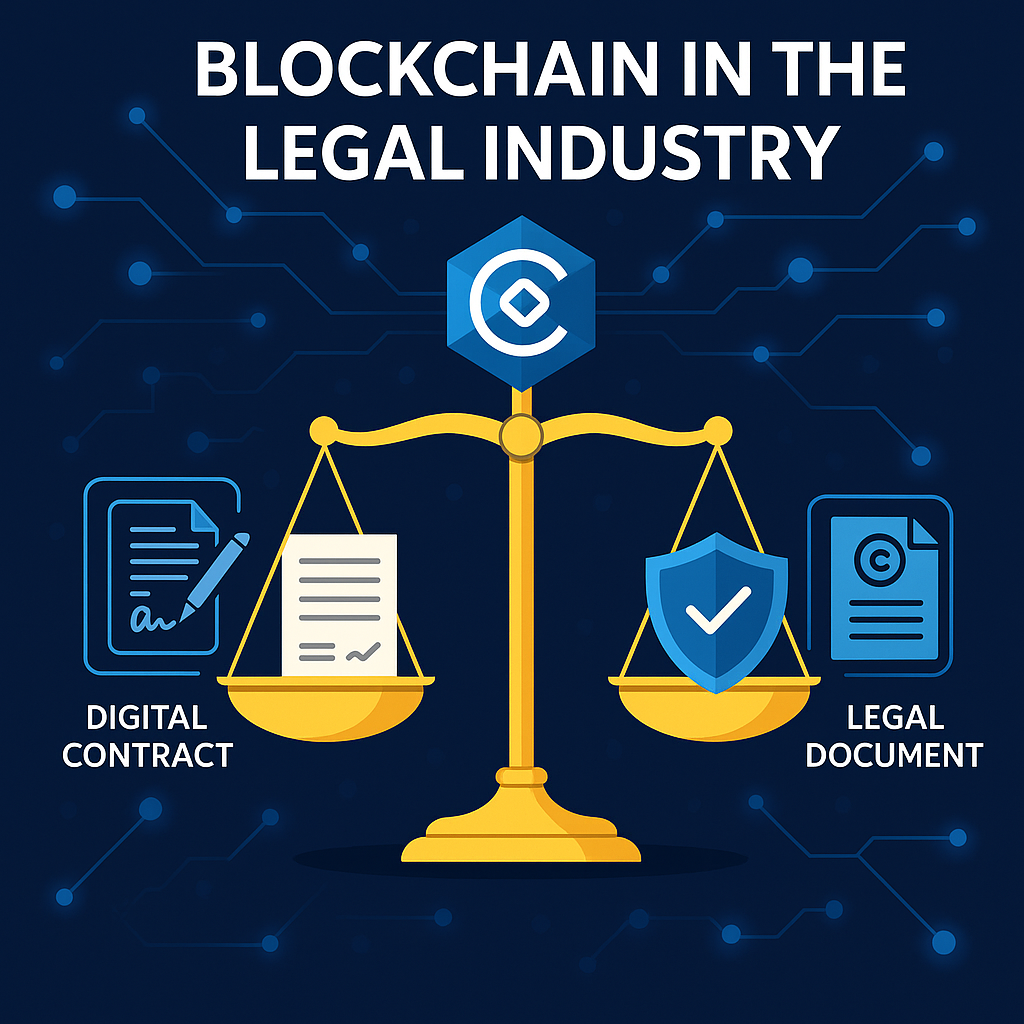
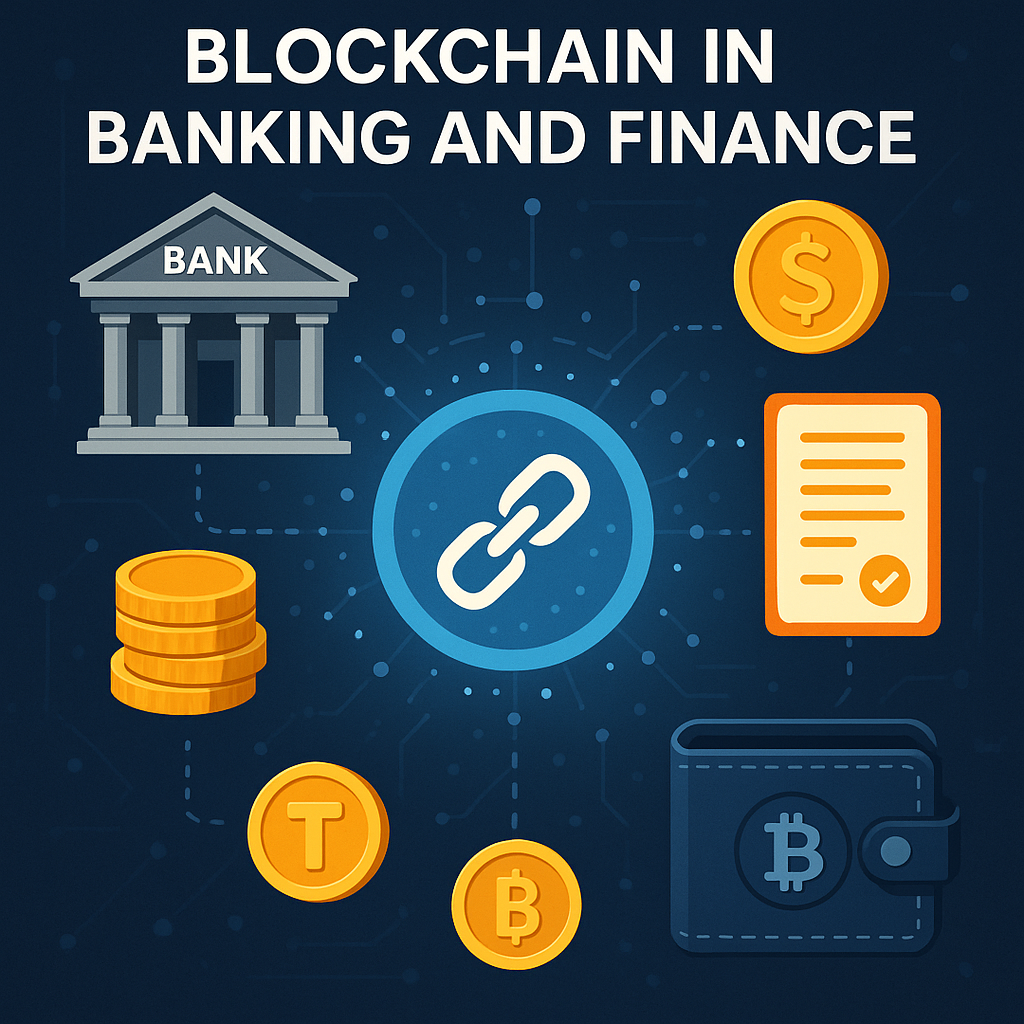

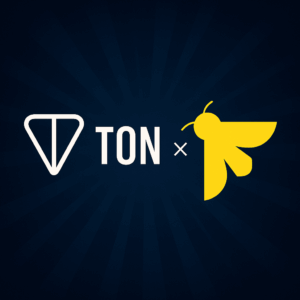
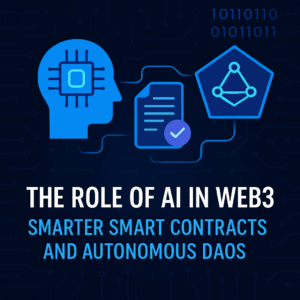
Post Comment